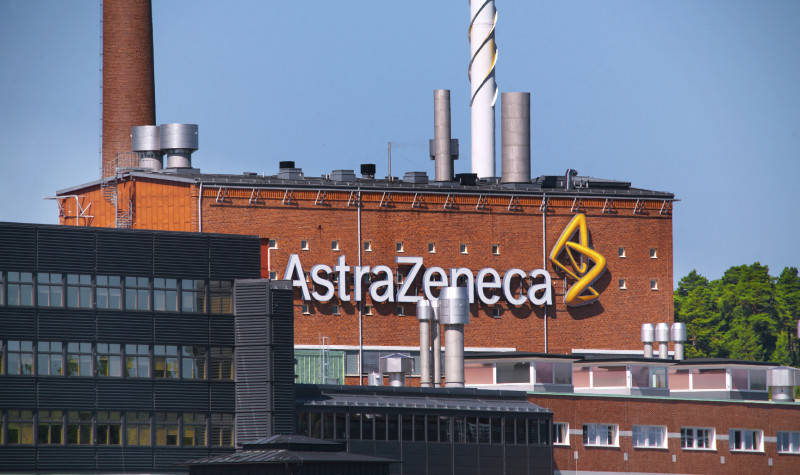Two contrasting FTSE 100 stocks with long-term investment potential

The FTSE 100 index’s 8% fall since the start of the year does not paint the full picture of recent large-cap performance. Indeed, there has been an extremely wide divergence in the performance of stocks year-to-date, with some making encouraging gains while others have materially declined.
For example, healthcare firm AstraZeneca’s (LON: AZN) share price has surged 17% higher this year as investors have sought its potent mix of defensive attributes and long-term growth potential. Conversely, housebuilder Barratt’s (LON: BDEV) share price has slumped 54% in 2022 as rising interest rates and a weak economic outlook have hit investor sentiment.
Over the long run, though, both stocks offer favourable risk/reward opportunities that could allow them to significantly outperform the FTSE 100 index.
AstraZeneca
AstraZeneca’s share price has been buoyed by its relative lack of reliance on the global economic outlook. This trend could continue over the short run as rising interest rates prompted by high inflation are set to cause a sharp slowdown in the world economy’s growth rate. Indeed, the IMF currently expects the 6% growth rate achieved globally in 2021 to fall to 3.2% this year and 2.7% in 2023.
In addition, AstraZeneca has a bright long-term future that could further catalyse its share price performance. Its focus on non-communicable diseases such as cancer and diabetes aligns it with demographic changes that are expected to take place. They include a forecast doubling of the world’s population that is aged 65 and above between now and 2050. Meanwhile, its acquisition of Alexion diversifies its business and means it can capitalise on the lack of treatments that are currently available to the roughly 400m people worldwide who suffer from a rare disease.
Certainly, the stock’s recent rise means that it trades on a relatively rich price-to-earnings ratio of 17. However, given its double-digit sales growth outlook over the near term, as well as its defensive characteristics and long-term growth potential, the stock offers further FTSE 100 index outperformance.
Barratt
Barratt’s share price is likely to remain highly volatile over the short run as investors continue to adopt a cautious stance towards cyclical firms that are relatively affected by rising interest rates and a slowing UK economy. Furthermore, political turbulence means fiscal policy has been highly fluid of late, which could prompt investors to demand an even wider margin of safety from housebuilder stocks over the coming months.
That said, Barratt’s forward price-to-earnings ratio of 5 suggests that it now offers an exceptionally wide margin of safety. Even if demand for new homes falls based on higher mortgage costs or weaker employment figures, the long-term potential of the stock from a risk/reward perspective appears to be attractive.
Moreover, Barratt has a net cash position of £1.1bn. This means it is in a strong position to overcome prospective economic challenges. It may even be able to use its solid financial position to purchase land at lower prices to boost margins over the coming years. And with the number of new homes being built continuing to lag forecast population growth, the stock could benefit from a supply/demand imbalance in the housing market that acts as a catalyst on its bottom line and share price performance.
Comments (0)